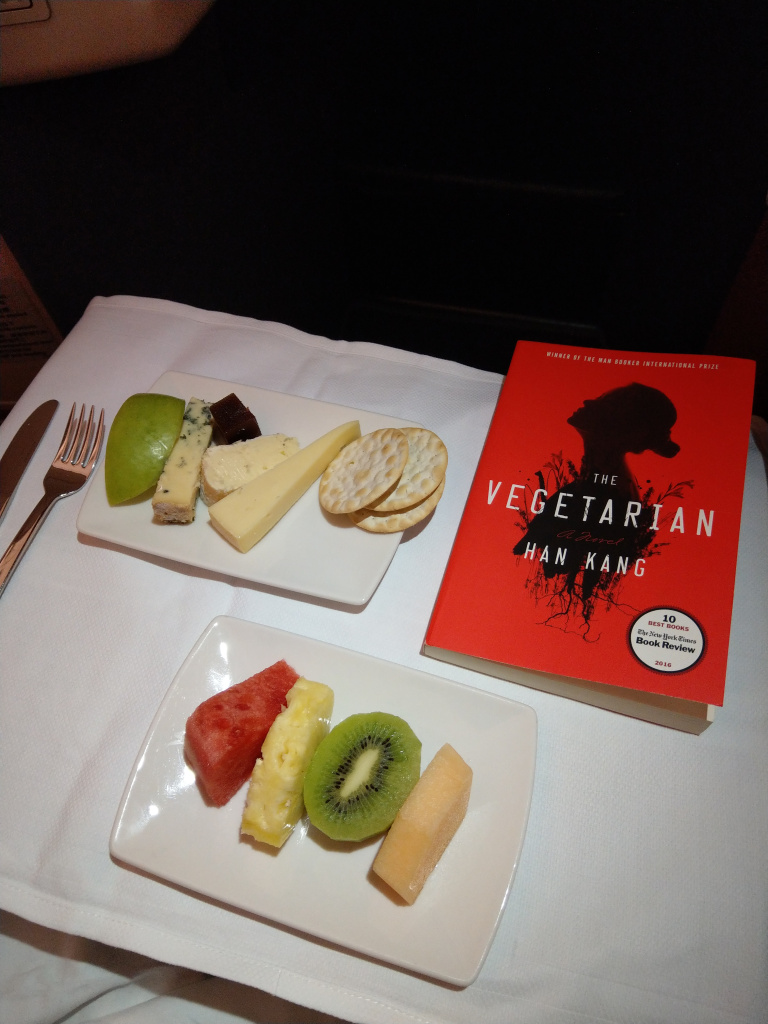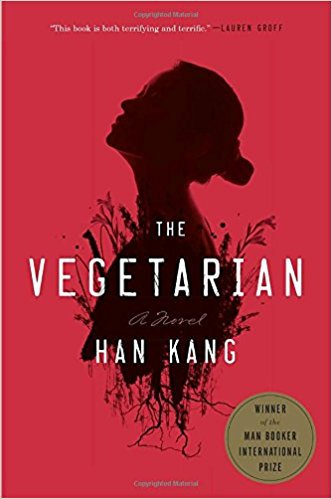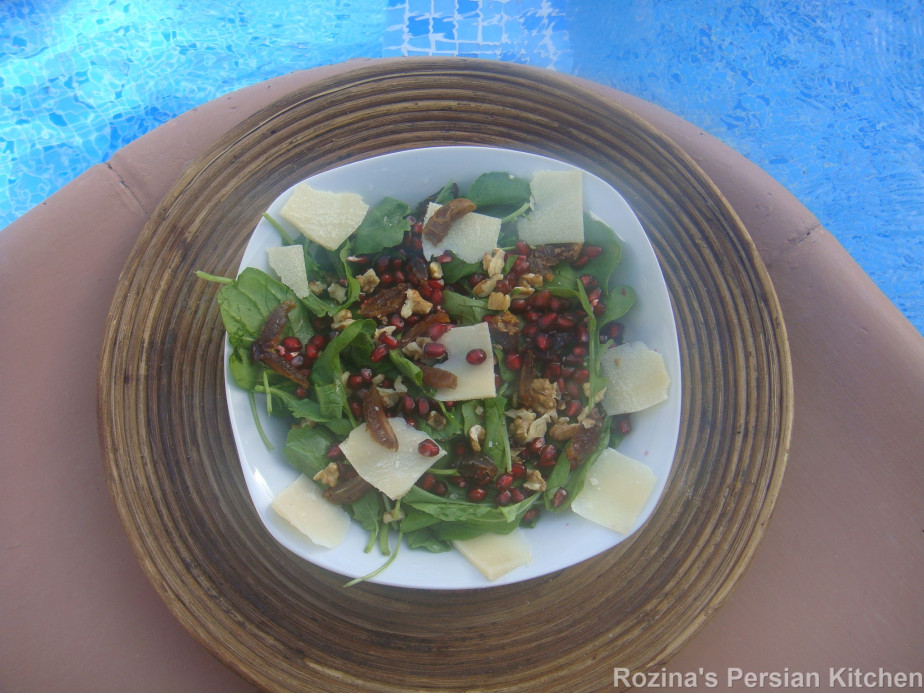
A closer look into the process of mankind’s creation beckons the question: where does evil come from? If we are created from God’s image, beautiful and moral, how do we reconcile our penchant for unbridled brutality?
Indeed, brutality is something absolutely fascinating. The way de Sade poured detailed manifesto filled with gore which includes the ingestion of razors, shit-eating, and genital mutilation for the pleasure of the torturer. The commercial success of the franchise of gory horror mainstream entertainment such as Saw and Texas Chainsaw Massacre and Game of Thrones. The way war works and information extraction is gleefully extrapolated into creative torture. Not only brutality serves the doer with addictive chalices of power, it also quenches this strange thirst for morbidity we all have — admittedly, in different extents: those less wholesome ones more so than others — like those moments in gore horror movies where you close your eyes with your hands, yet you can’t stop from peeking through your fingers to actually watch.
Few writers write about brutality better than Han Kang. Her other book, “Human Acts”, dissects Korea’s violent past. She regurgitates torture methods such as strapping a wooden beam through the space created when both his arms were tied tightly behind his back; but only after a painfully-detailed description of a decomposing body: its powerful stench that hits the face stronger than a crashing truck, its dissolving into a grayish sludge, the bloated face with half-intact empty-eyes housing a thousands of wriggly maggots. Morbid fascination at its best.
***
“The Vegetarian” takes the description of brutality into a more sublime plane. Unlike “Human Acts”, which focuses on the physical and, in a lesser extent political, aspects of violence, “the Vegetarian” evokes a disturbingly clear understanding into the psychological landscape of brutal nightmares.
The brutal nightmares belong to Yeong-hye, a lady described by her unforgivingly-mediocre husband as ‘completely unremarkable in any ways’. Quietly maneuvering through fulfilling her duties as a daughter and a wife, one day Yeong-hye had a vision about running through a valley full of blood and animal meat impaled on giant stakes, as if straight out of the wasteland of Vlad the Dracula’s gardens. Obsessed by the nightmares, she forsake meat-eating completely, angering her husband and throwing all social etiquette to the wind.
Her obsession grew worse, however. She stabbed her wrist with a fruit knife when forced to eat meat under duress by her parents, embarrassed to have “lost control” of their daughter. She began exposing herself to the public, eventually stopped eating altogether believing that no longer was she a human being, she is a plant who needs only water as sustenance and would need to plant her head on the ground for her feet resemble sky-reaching branches of a tree.
***
Clearly, this is a view upon mental illness. The book shall reveal, in thoughtfully-portioned implicit tidbits, parts of Yeong-hye’s growing up prompting her to acquire such state of schizophrenic neurosis. However, what’s interesting about “the Vegetarian” is its complete, intentional avoidance of first-person view on Yeong-hye’s mental process of, as dubbed by Linda Miller, ‘destructive transcendence’. Kang imposed upon us a strictly external take as a close watcher, beckoning our sense of voyeurism, taking it into an intoxicating full mast, forcing us to confront the demons that naturally appear in the minds of a viewer fascinated by morbidity.
Kang takes us through confronting our own voyeurism with authority and with unerring clarity. Not only she commands portrayed imagery with utmost sharpness, she vividly chisels through the timeline of Yeong-hye’s Kafkaesque metamorphosis with the steady rhythm with which water naturally flows.
In a genius stroke, Kang dissected our full bloom of voyeurism into three different actors: (1) the pragmatist, (2) the dreamer/opportunist. and the healer.
The pragmatist, represented by Yeong-hye’s husband, believes in transactional provision of services: cooking, sex, fulfillment of social decorum. Meaningfulness of relationships and empathy means very little to this person, whom impersonal nature is cleverly rendered by the book using a quite formal nickname: Mr. Choong. Alternatively, a transactional look towards somebody’s mental disintegration is scarily relateable: why stick with someone who burdens you and demands so much out of you?
The problem with empathy, the tempestuous evocation thereof, (which is the book’s underpinning theme), naturally begins with the pragmatist. That problem continues with the dreamer/opportunist. Personifying this in the book is Yeong-hye’s brother-in-law, who, obsessed with Yeong-hye’s proclivity for public nudity and seeming disregard for societal norms around the body, obsesses himself over Yeong-hye’s body, painting it with rich figments of his imagination until it culminates in a wild, explosive sex.
The dreamy, doe-eyed ebullience of schizophrenic visions, as if staring at a secret slice of Eden nobody else can see, is mesmerizing for a viewer: an offer of unpredictability like the fresh-grass flavor of the most adventurous wilderness. One, especially those with artistic tendencies, wants to be invited into that secret heaven no one knows about. In a way, an escapism, especially from the context of a socially-repressive society.
Different with the case with the pragmatists, a dreamer displays empathy — unfortunately a skewed, over-romanticized, malignant version thereof. To strike balance, as always, especially when pared with our humanly desire and ego, is not easy.
The final facet of the problem with empathy proposed by the Vegetarian is the healer: the selfless person who bears the responsibility of one’s mental anguish and devotes their time and other resources to achieve a relative state of cure. In the book, Yeong-hye’s older sister who feels the guilt for not taking enough care during their turbulent and violent upbringing. Guilt-fueled empathy, however, eats the soul. Kang intentionally refrained from providing a clear-cut resolution regarding the endgame of Yeong-hye’s older sister mental process, but there is an implicit portrayal of acquisition.
So, if transactional is not empathetic, putting-on-a-pedestal is an egotistical overromanticism, and sense of responsibility basically grows then self-immolates, where is that sweet spot of reasonable empathy? Such is the conundrum of empathy Han Kang hammered through the obliteration of Yeong-hye. As with other moral conundrums, each context is extremely specific, a sweeping answer is never to be found for its extremely reductive nature. The art of life is not in finding answers, but to settle at relative peace at existential riddles: this one, on the crumbling, fading, failing edges of empathy, the very thing that defines us as human beings.
***
The final, less philosophical takeaway from the Vegetarian is in its quality of translation. Despite not speaking Korean, the typical sternness, coldness, somewhat perfunctory nature of the language (in turn, the society) comes through loud and clear in Deborah Smith’s translation.
Indonesian novelist Eka Kurniawan, whose work “Man Tiger” was also nominated for the prestigious Man Booker Prize 2016 but eventually lost to “the Vegetarian”, expressed the importance of selecting a proper translator. “Pick somebody who is not so good with the original language, but writes really well at the resulting language,” Kurniawan mentioned in book launch in Jakarta. Clearly, this was the case with Smith’s translation of “the Vegetarian” — the lacerating weight of Han Kang’s writing is in full impact. One should never downplay the importance of quality translation in transcending the cultural and linguistic borders of literature.
As a side note, Smith seems to have a penchant of using the word ‘palimpsest’ in this work.
On purpose, “the Vegetarian” concludes with the imagery of a burning forest. Literally or not, one can never make sure — just like how we are never sure whether to succumb to empathy renders us servile to its self-consuming penumbra. A burning forest evokes so many conflicted meanings, a metaphor wide open for interpretation.






